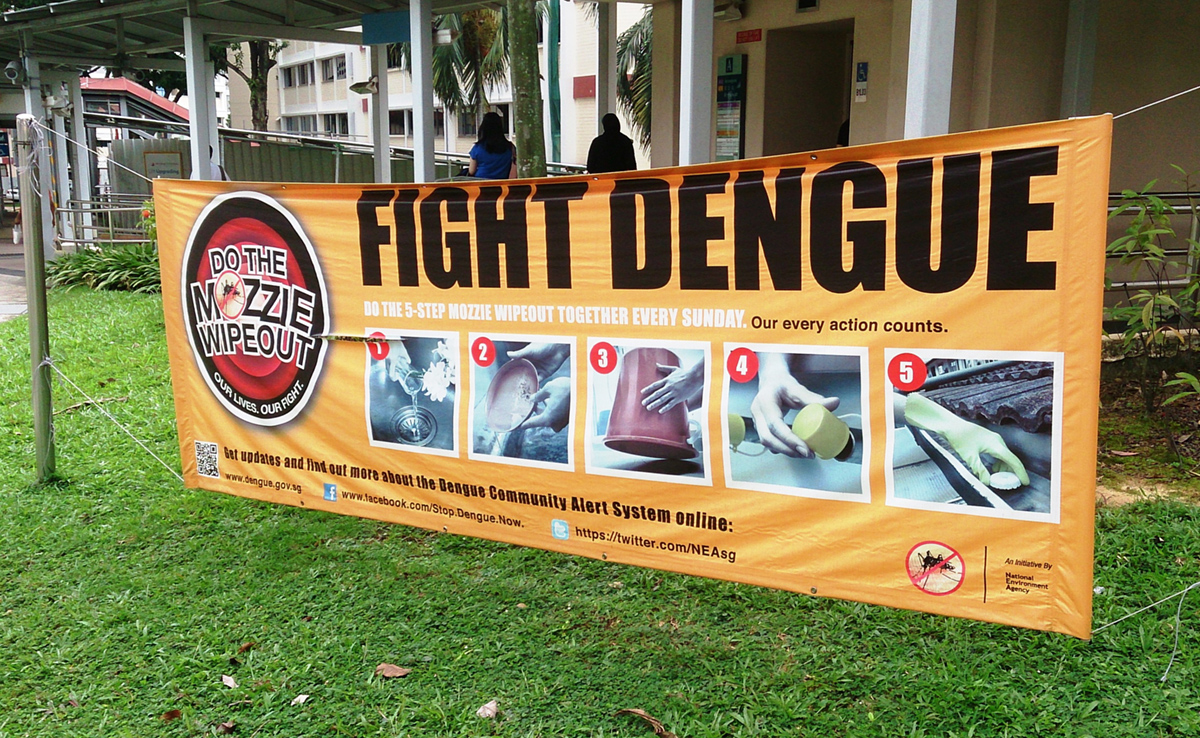
Dengue fever is an acute, febrile, infectious disease caused by a family of viruses that are transmitted by the bite of mosquitoes. The infection generally starts with a headache, fever, fatigue, intensive muscle and joint pain and swelling of lymph glands. The rash occurs as well. There is a so called triad of symptoms associated with Dengue fever and they include fever, rash and a headache (or other aches).
Dengue fever affects people with a weak immune system. Since the infection can be caused by four serotypes of the virus one may get infection several times (each time the culprit is serologically different). People living in tropics and subtropics are at higher risk for Dengue fever.
Transmission of the Infection
Dengue fever affects people who have been bitten by a striped aedes aegypti mosquito. The mosquito has previously bitten an infected person hence it is capable of spreading the virus. The number of mosquitoes significantly increases during rainy seasons. This is why at that period of year most people actually develop the infection. A single mosquito bite can provide with transfer of the infective agent. Interhuman spread of the infection is not possible.
Symptoms and Signs of Dengue Fever
The incubation period for Dengue fever last between 3 and 15 days. The first symptoms and signs generally occur 8 days after a person has been bitten.
The infection initially features with chills, headache and pain that increases with moving of the eyeballs. There is also a low backache. After several hours the joints become painful. The pain also affects the whole legs. Body temperature increases rapidly and soon reaches 104°F. The heart rate is slow (bradycardia) and the blood pressure is low. The eyes become red and the skin is covered with a flushing or pale pink rash. The rash affects the face and then disappears. There is a swelling of the lymph nodes in the neck and groin area.
Fever as well as other symptoms and signs of Dengue fever linger for 2-4 days. What follows is a rapid drop in body temperature accompanied by profuse sweating. After a certain period of time the body temperature increases again and the rash reoccurs. It now affects the extremities and spreads to the entire body except the face. The palms and soles are red and may be a bit swollen.
Treatment for Dengue Fever
Being a viral infection Dengue fever is not treated with any specific medication. The treatment is, therefore, symptomatic and includes plenty of rest and proper hydration. Medications such as Aspirin or non-steroidal anti-inflammatory medications are taken only under the supervision of the well experienced doctor because they may cause worsening of the hemorrhagic complications. Severe headache and muscle and joint pain are treated with acetaminophen and codeine.


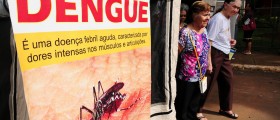
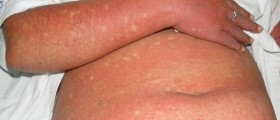
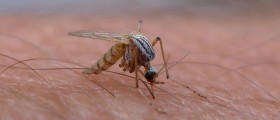

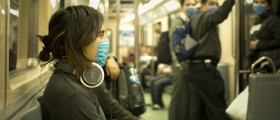
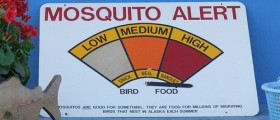
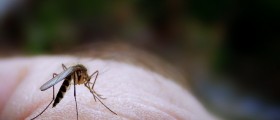

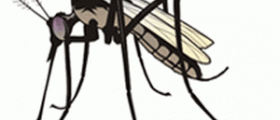
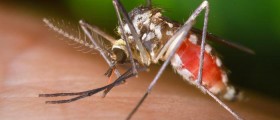
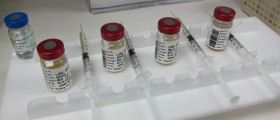
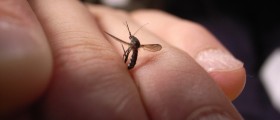
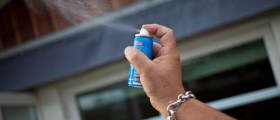
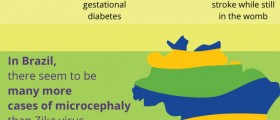
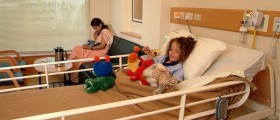
Your thoughts on this
Loading...